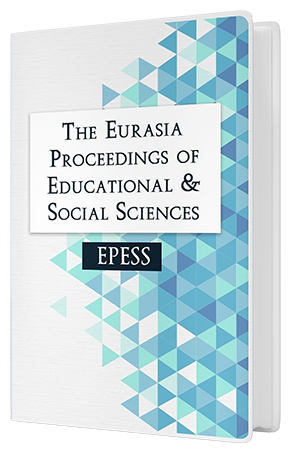Mapping the Progress of Strategic Communication in Austria (1984 – 2020)
DOI:
https://doi.org/10.55549/epess.1412786Keywords:
Public relations, Communication management, ProfessionalizationAbstract
This paper provides an analysis of the submission trends for the Austrian-PR-State-Award from 1984 to 2020. It was discovered that despite the increased public visibility, specialization, and technological advances in PR, there has been no significant change in the perception and treatment of public relations during this period. A symbolic-interpretive approach to PR is more often practiced than a dialogue-oriented, performance-oriented approach. Furthermore, PR professionals focus more on gaining internal influence than actual performance improvement. As a result, professionalization efforts cannot be fully utilized due to the imbalance resulting from the above. The paper also analyzes the impact of this imbalance and discusses the research gaps that may exist in relation to PR educational and training elements. Possible solutions to enhance the professionalization of the PR industry include a shift towards a dialogue-oriented and performance-oriented practice, along with strong educational systems and training elements to help bridge the gap between research and practice. Additionally, PR practitioners need to have a good understanding of the organization’s goals and abilities in order to be able to strategize for maximum effectiveness. Through these measures, the PR industry can become more adept at managing complexity and leading organizations toward success.Downloads
Published
Issue
Section
License
Copyright (c) 2023 The Eurasia Proceedings of Educational and Social Sciences

This work is licensed under a Creative Commons Attribution-NonCommercial-ShareAlike 4.0 International License.
The articles may be used for research, teaching, and private study purposes. Any substantial or systematic reproduction, redistribution, reselling, loan, sub-licensing, systematic supply, or distribution in any form to anyone is expressly forbidden. Authors alone are responsible for the contents of their articles. The journal owns the copyright of the articles. The publisher shall not be liable for any loss, actions, claims, proceedings, demand, or costs or damages whatsoever or howsoever caused arising directly or indirectly in connection with or arising out of the use of the research material. All authors are requested to disclose any actual or potential conflict of interest including any financial, personal or other relationships with other people or organizations regarding the submitted work.




